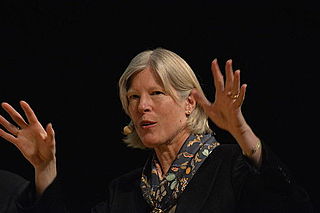Top 37 Quotes & Sayings by Cynthia Kenyon
Explore popular quotes and sayings by an American scientist Cynthia Kenyon.
Last updated on April 15, 2025.
Generally, older people in their fifties, sixties, and seventies are running most countries and are CEOs of corporations. Which isn't to say there aren't entrepreneurs, but if the young were better in every respect, there'd be no reason for the old. Our life span reflects our particular life strategy.





















